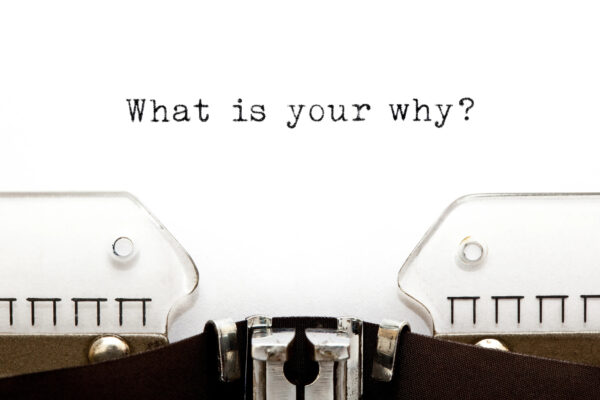What do you want?
“There will come a time when you ask yourself: what is it that I want?”
Caroline Horner
There will come a time when you ask yourself: what is it that I want?
It might take various forms: what will make me happy? What is my purpose? What will make me fulfilled?
Though the wording might be different, the sentiment is the same.
On the surface, it appears to be a straightforward question, perhaps even an exciting question to answer. After all, it’s about you, your likes and wants and there is nobody better placed to answer it.
But for many, the answer seems elusive.
It’s hard to know where to begin to answer it. For many people it’s hard to put themselves at the centre of their attention. Increasingly, I see that people simply don’t give themselves permission to ask themselves what they want. The environment in which they live exacerbates this.

Indulgence or investment?
Clients have confessed that they feel it is self-indulgent to prioritise themselves.
We spend our energy ensuring that we’re meeting the needs of friends, family or colleagues. For many, it seems selfish to release yourself from those dependencies and think solely about your own needs.
But it is so important. Doing so make your contribution to other people’s lives more meaningful. Imagine if you could contribute to other people as part of what you want to do, rather than what you feel you ought to do.
The right environment
Our busy, urban environments are not conducive to reflection.
It’s hard to get the space and time to think. Our attention is constantly occupied. A day in which reflective time isn’t scheduled is a day of back-to-back meetings and tasks which don’t contribute to a meaningful life. Our minds are forced into autopilot and we get further from the lives we want.
We live in a world where it’s commendable to be able to multi-task and a luxury to focus on one thing at a time.
Last year, Research from the University of California, Irvine showed that interruptions in the modern office environment are not only limit our efficiency in the workplace, which we would expect, but also leads to making more errors and which increase our frustration as our focus has to shift and adapt rapidly.
Setting up the right environment for you to think uninterrupted will help you make better decisions.
Getting Started
Once you’re aware that investing in yourself is necessary and that the right environment is key, answering the question becomes less daunting and the path to getting there becomes clearer.
In the short term, my tips for putting yourself at the centre and giving yourself thinking space:
- Get used to prioritising yourself. Start small. Claim ten minutes in the day and make that time yours. To listen to a song, to go for a walk, to address how you’re feeling. Notice your mood afterwards.
- Find a time and a place in your day to be still. Is there a garden square nearby? Perhaps there’s a roof garden in your office where you can distance yourself from your work.
- Take some advice. There people who are qualified in personal development who are equipped to give tailored support and guidance.
iOpening is a transformative personal development programme from i-coach that will guide and support you as you reflect on what matters to you and map out a more meaningful future. It then equips you with essential life skills that enable you to evolve and embrace change. To find out more, contact us.